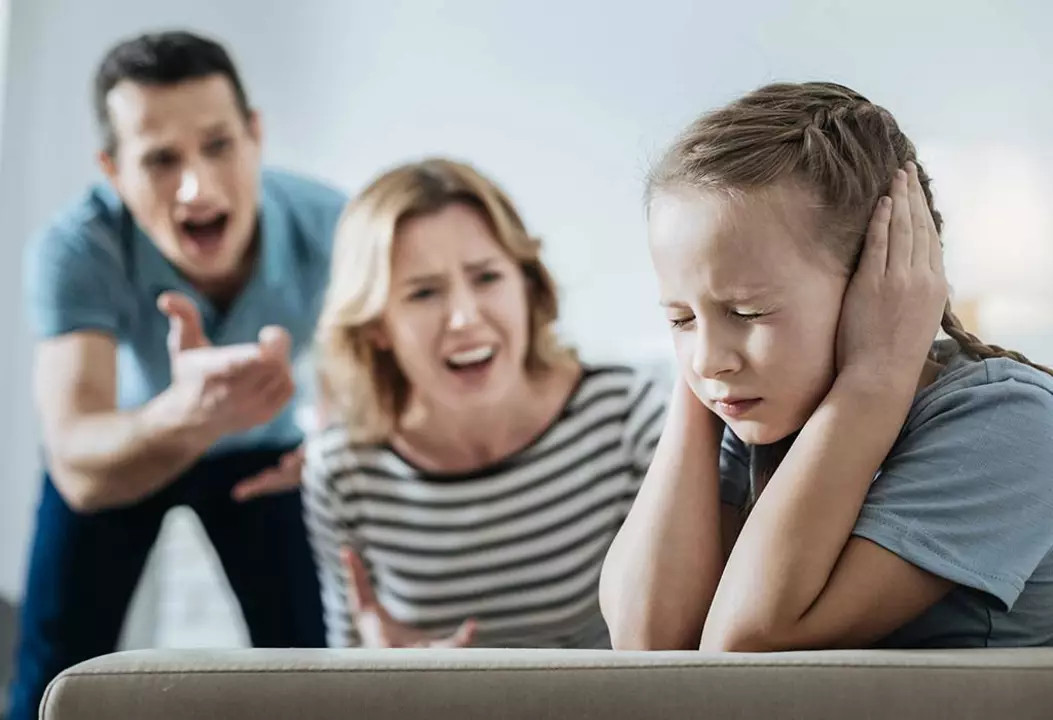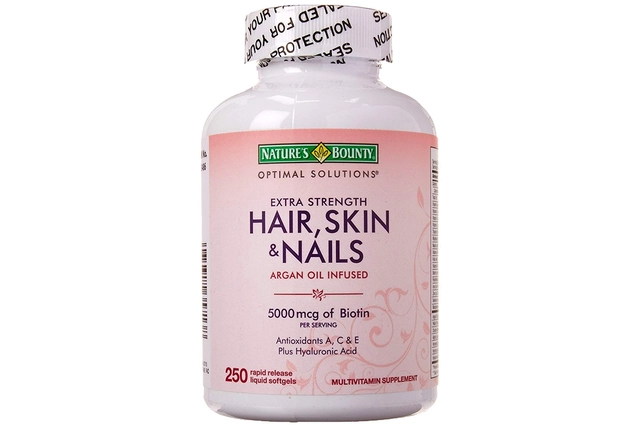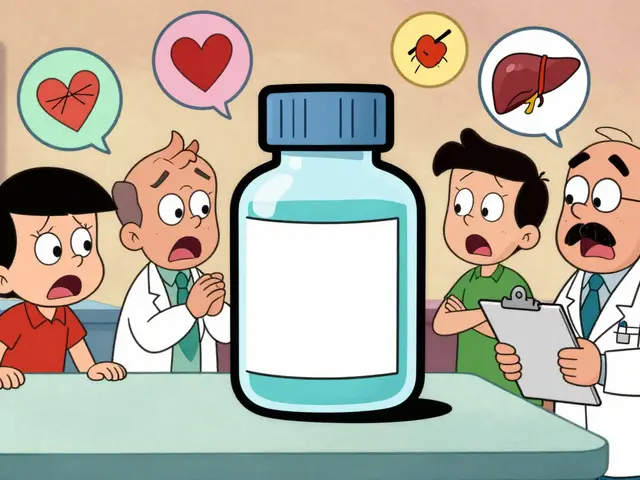Children's Health: Medicines, Safety, and Practical Tips
Kids get sick. When that happens, parents worry—and fast, useful guidance matters. This page gives clear, practical tips on using medicines safely, spotting danger signs, and keeping your child well at home. No fluff, just steps you can use right away.
Medication safety basics
Dose by weight, not age. Many pediatric medicines are dosed by your child’s weight, so know it and use it. If a label only lists age ranges, check with your pediatrician or pharmacist before giving the medicine.
Use the right tool. Never use a kitchen spoon. Use an oral syringe or the dropper that comes with the medicine. It’s more accurate and prevents overdoses.
Read labels every time. Different products with similar names can have different strengths. If the label says "for adults" or "do not use in children under X," follow it. Some medicines adults use routinely should not be given to kids.
Avoid aspirin for anyone under 18 unless the doctor says otherwise. Aspirin can cause Reye’s syndrome, a rare but serious condition.
Store medicines safely. Keep them in their original bottles, locked or out of reach, and away from heat or moisture. Make a habit of putting medicines away immediately after use.
Over-the-counter meds and supplements
Acetaminophen and ibuprofen can help with fever and pain, but use kid-specific formulations and dose by weight. Don’t alternate them without talking to your doctor—doing so can cause confusion and dosing mistakes.
Be cautious with herbal supplements. Some can interact with prescription drugs or cause side effects in children. Tell your child’s doctor about any vitamins or herbs your child is taking.
Antibiotics only when needed. Antibiotics treat bacterial infections, not viruses. If your child gets antibiotics, finish the full course exactly as prescribed to avoid resistance.
Buy meds from trusted sources. If ordering online, use a licensed pharmacy and never skip the prescription requirement for prescription drugs. If a site offers prescription meds without a prescription, that’s a red flag.
Keep a medication log. Note what you gave, when, and the dose. This helps if your child sees multiple caregivers or if you need to call a clinic.
Know when to call for help. Trouble breathing, blue lips, high fever in a baby under 3 months, dehydration, unresponsive behavior, seizures, or severe allergic reactions mean get help now. If a child swallows something dangerous or you suspect overdose, call Poison Control at 1-800-222-1222 (US) immediately.
Talk with your pharmacist. Pharmacists are a great resource for dosing questions, side effect concerns, and safe storage tips. They can also check for interactions with other medicines or supplements your child is taking.
Small actions matter. Measuring accurately, storing safely, and checking labels reduce most medicine mishaps. When in doubt, ask your child’s doctor or pharmacist—quick questions now can prevent big problems later.




